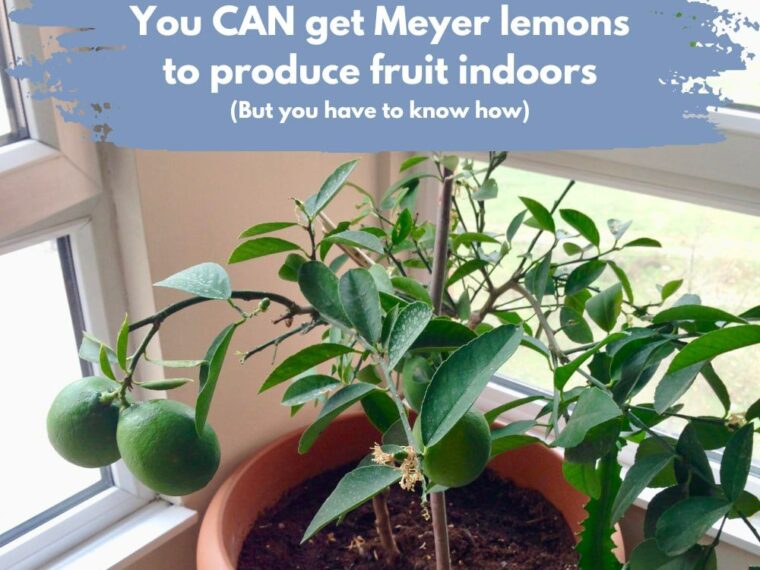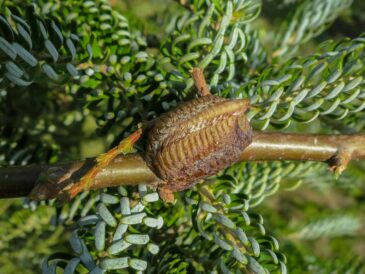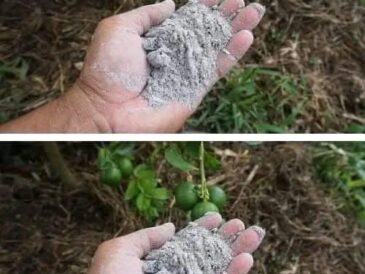Growing a Meyer lemon tree indoors is an excellent way to enjoy fresh, homegrown citrus year-round, even if you don’t have an outdoor garden. Meyer lemons are sweeter and less acidic than regular lemons, making them perfect for cooking, baking, and fresh juice. However, getting a tree to produce fruit indoors requires the right care and environment.
Follow these step-by-step instructions to successfully grow a healthy Meyer lemon tree that actually produces lemons!
1. Choosing the Right Meyer Lemon Tree 🌱
✔ Buy a grafted tree: It’s best to start with a grafted Meyer lemon tree, as it will bear fruit much sooner than one grown from seed (which can take years!).
✔ Select the right size: Dwarf or semi-dwarf Meyer lemon trees are ideal for indoor growing since they stay compact (3-5 feet tall).
✔ Purchase from a reputable source: Choose a healthy, disease-free tree
2. Choosing the Right Pot and Soil 🏺🌿
✔ Use a large pot with drainage holes: Meyer lemon trees need room to grow, so choose a 5-gallon (or larger) pot with good drainage to prevent root rot.
✔ Use well-draining soil: A high-quality citrus potting mix or a combination of potting soil, sand, and perlite will provide the right balance of drainage and nutrients.
✔ Add a layer of gravel or pebbles at the bottom of the pot to improve drainage and keep roots healthy.
3. Providing Proper Light and Temperature ☀️🌡️
✔ Place in a sunny location: Meyer lemon trees need 8-12 hours of bright light daily. A south-facing window is ideal. If natural light is limited, use a grow light to supplement.
✔ Maintain the right temperature: Keep your tree in a room that stays between 65-75°F (18-24°C). Avoid placing it near cold drafts or heating vents.
✔ Move it outdoors in summer: If possible, place the tree outside in the warm months to benefit from natural sunlight, then bring it inside before temperatures drop below 50°F (10°C).
4. Watering and Humidity Needs 💦🌫️
✔ Water consistently but avoid overwatering: The soil should be moist but not soggy. Water when the top 1-2 inches of soil feel dry.
✔ Use a humidity tray or mist the leaves: Lemon trees love humidity. Place a tray with water and pebbles under the pot or mist the leaves regularly to prevent dryness.
✔ Reduce watering in winter: During colder months, the tree’s growth slows down, so water less frequently to prevent root rot.
5. Fertilizing for Healthy Growth and Fruit Production 🌱🍋
TO CONTINUE READING THE ARTICLE PLEASE SEE PAGE 2




